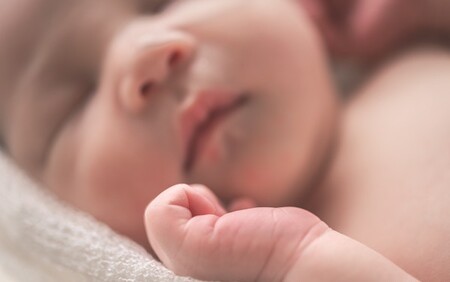Causes of infertility
What is infertility?
Infertility is when a couple cannot conceive despite having regular unprotected sex. Around one in six couples may have difficulty conceiving. This is approximately 3.5 million people in the UK. A couple will only be diagnosed as being infertile if they have not managed to have a baby after one year of trying.
What are the causes of infertility?
The reasons for infertility vary from person to person. The most common causes of infertility are:
- A woman's age
- Male (sperm) factor
- Ovulation disorders
- Tubal disease
- Endometriosis
- Anatomical factors such as fibroids and other uterine abnormalities
- Factors such as antibodies to sperm may also reduce the ability to conceive
- Combination of male and female factors
A problem in any one of a number of key processes can result in infertility. Male and female factors can exist in isolation or combination and fertility investigations, diagnoses and treatment should always be considered in the context of the couple.
Repeated pregnancy loss (miscarriage)
Some people may not have difficulty conceiving, but have suffered from miscarriages. This is obviously extremely distressing for the couples involved. Our miscarriage clinic can help investigate these issues and attempt to help couples with any future pregnancy.
Other factors that can affect fertility
The following other factors may also be responsible for infertility in a smaller proportion of cases:
- Genetic abnormalities within eggs, sperm or both
- An abnormal uterine cavity, including the presence of fibroids or polyps
- Immunological infertility, whereby either the male or female partner produces anti-bodies against sperm cells or implantation of an embryo
- Abnormal cervical mucus which hinders the passage of sperm to the uterus and fallopian tubes
Unexplained infertility
Even when investigations have been extensive, some couples will have no reason with which to explain their infertility. This can often be a frustrating diagnosis. In these cases the duration of the infertility is the best parameter by which to judge the chances of future natural conception; the longer the time of infertility then the sooner intervention should be considered.
When to seek help?
There are a number of factors that can affect both male and female fertility and therefore your chances of getting pregnant. If you have been trying to conceive for a year or more with no success (or sooner if you are after the age of 36), we recommend booking an appointment with a fertility consultant who can assess your fertility and help you get pregnant sooner.

Female Infertility
Find out more about the common causes of female infertility.

Male Infertility
Find out more about the common causes of male infertility.
